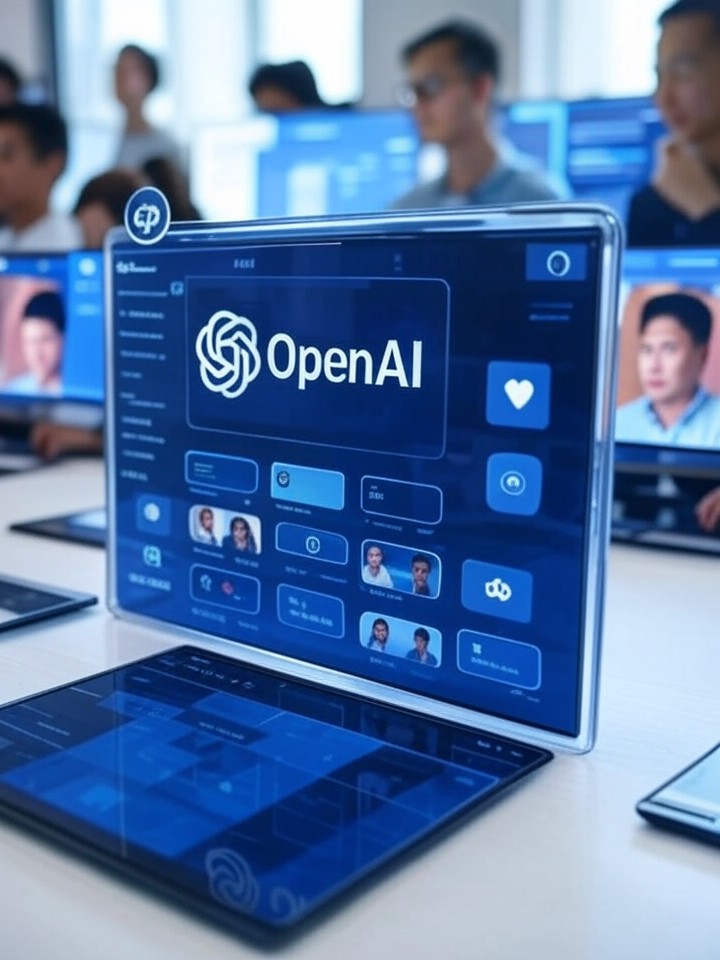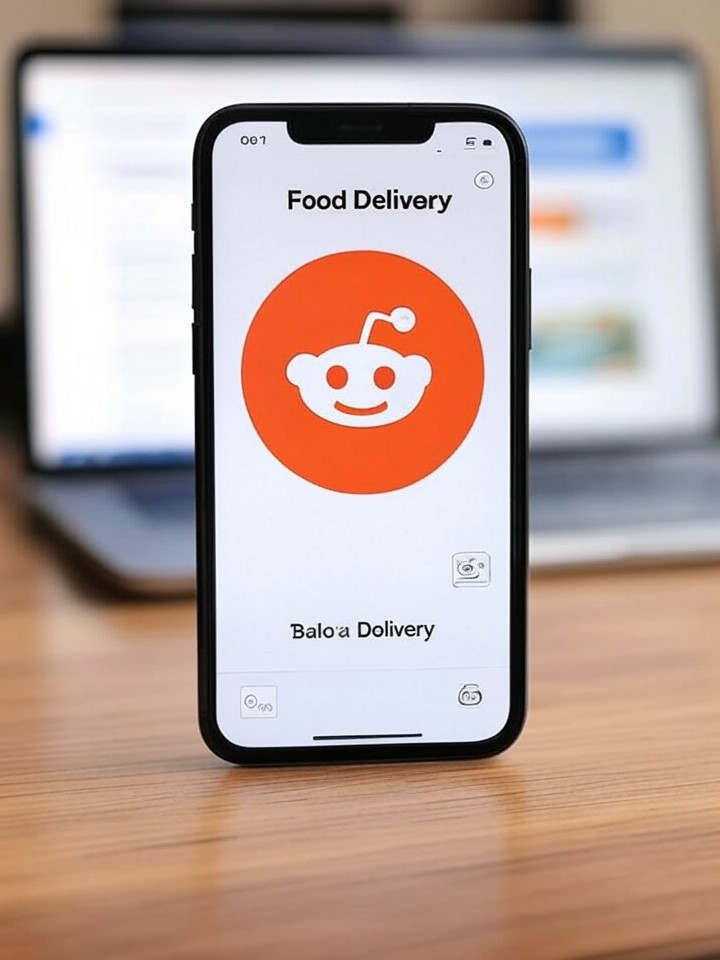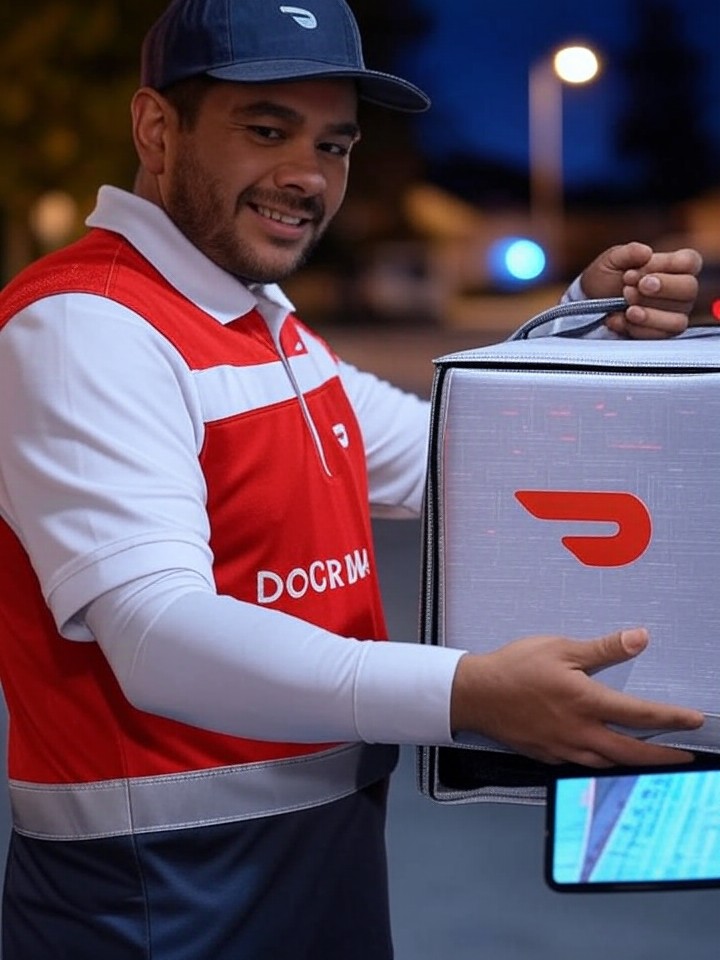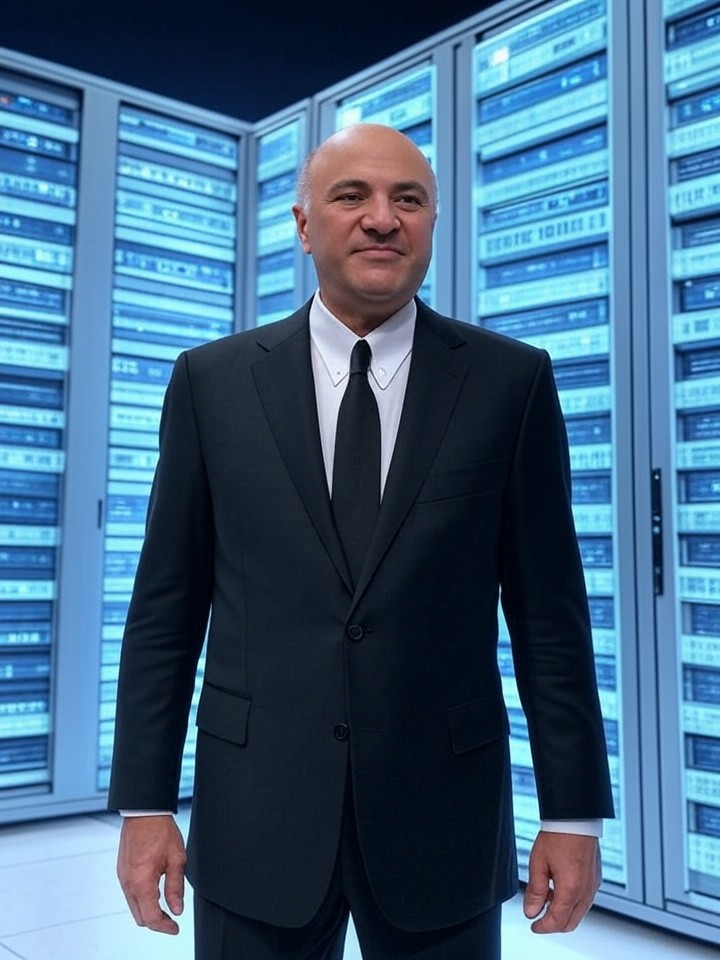What is Education in Emergencies (EiE)?
Education is a fundamental human right and an essential element that distinguishes human beings from other species. It empowers individuals with knowledge, skills, and the ability to think critically—qualities that enable societies to progress. Because of its importance, every child deserves uninterrupted access to education, regardless of circumstances.
However, crises such as natural disasters, landslides, pandemics, conflicts, wars, and terrorist attacks often disrupt normal life and put children at significant risk of losing access to schooling. Education in Emergencies (EiE) is a global commitment to ensure that learning continues even during these challenging and unpredictable situations. EiE reflects the core principle of “Education for All” (EFA)—that education must not be halted, even in the most difficult times.
Children are particularly vulnerable during emergencies. They face threats such as trauma, loss of family members, displacement, lack of food and clean water, unsanitary conditions, and exposure to disease. These challenges can deeply affect their physical, emotional, and psychological well-being. EiE provides a structured, protective, and supportive learning environment that helps children regain a sense of normalcy, stability, and hope.
Education in Emergencies is not only about academic learning; it also plays a crucial role in safeguarding children from abuse, exploitation, and other harmful practices that often increase during crises. EiE strengthens resilience, restores confidence, and enables children and communities to rebuild their lives.
Globally, more than 470 million children—over one in six—live in conflict-affected areas. By the end of 2024, an estimated 52 million children in war-impacted countries will be out of school. Girls are particularly at risk of missing out on education during emergencies, making EiE essential in promoting gender equality and child protection.
In essence, Education in Emergencies ensures that the light of learning continues to shine even in the darkest moments. It supports children, families, and communities in overcoming crisis and helps build a stronger, more hopeful future. EiE is not just an intervention—it is a lifeline.











